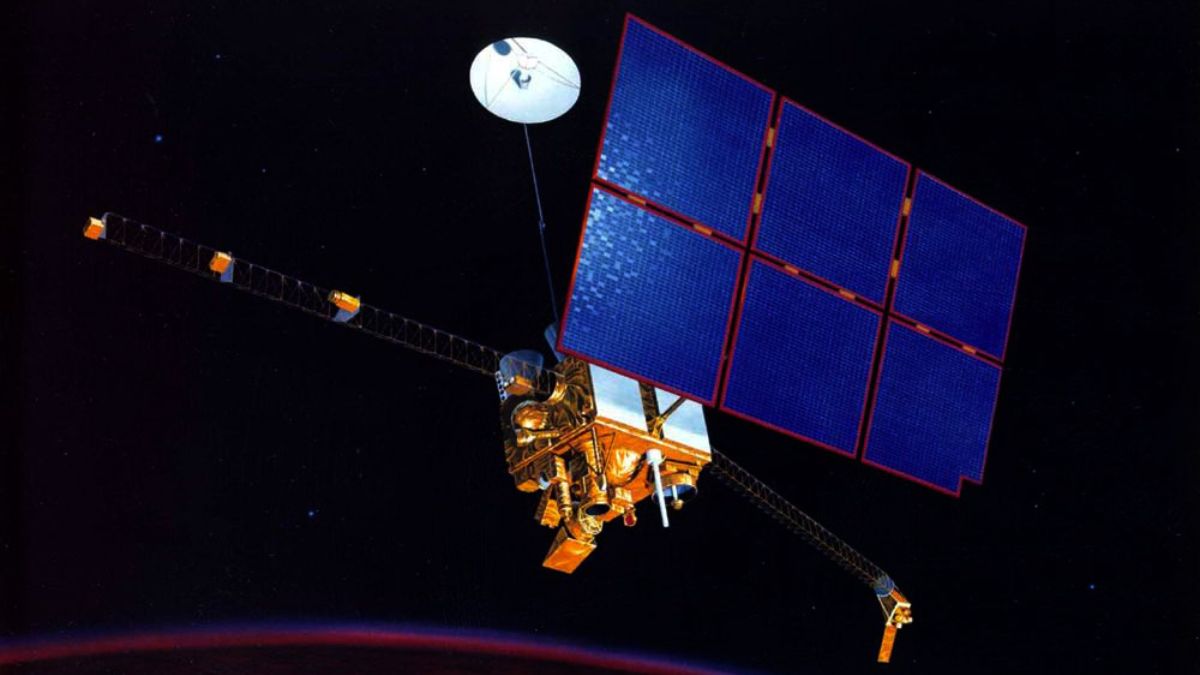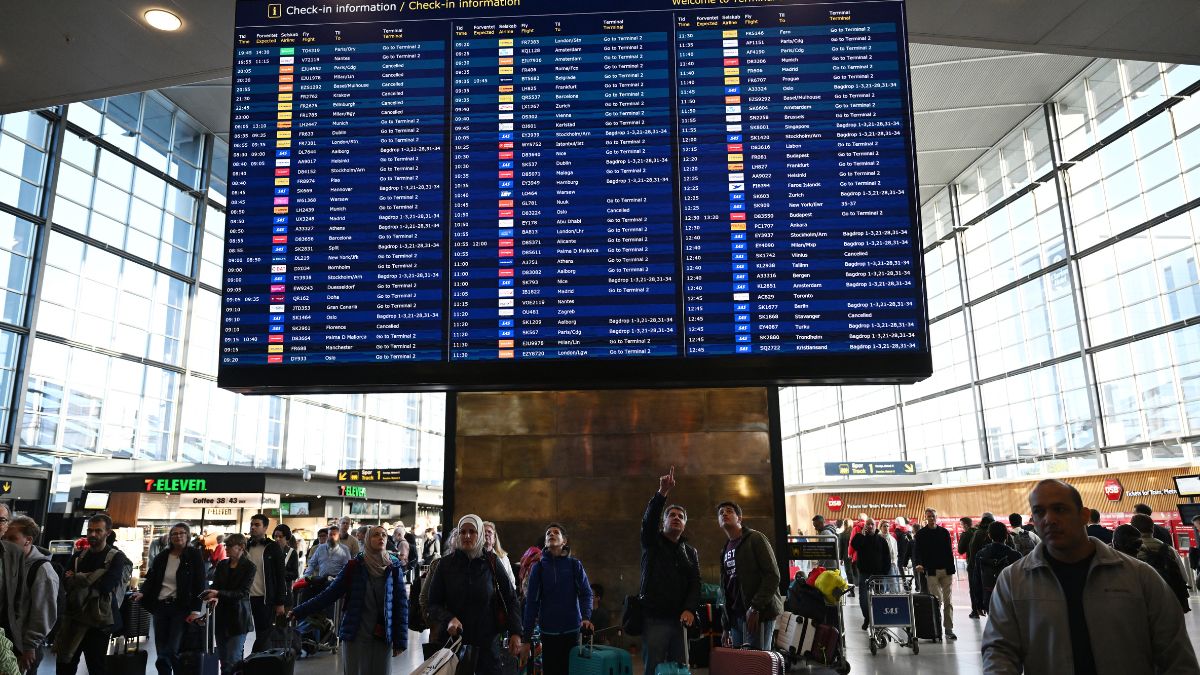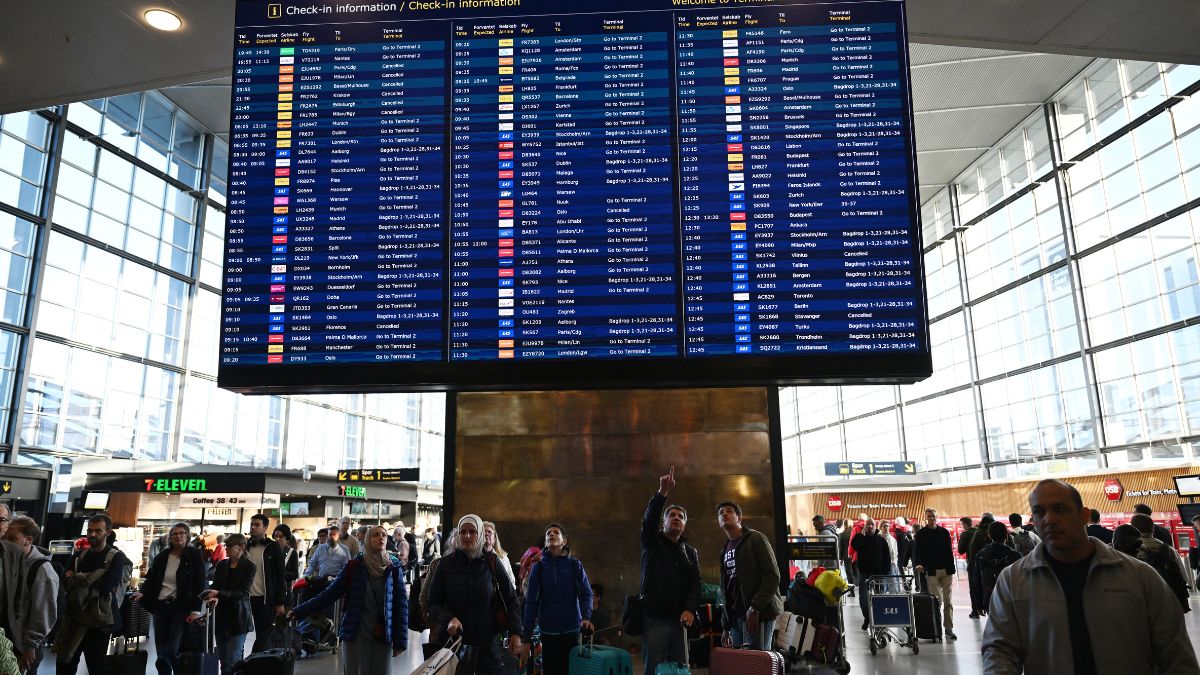September 25 has been marked by key events, a few of which we take a look at this edition of Firstpost’s History Today series.
In 1992, Nasa launched the Mars Observer, a major mission aimed at exploring the Red Planet and advancing space science.
On this day in 1977, the first Chicago Marathon was held, signalling the rise of long-distance running in the US.
Environmental activist Wangari Maathai passed away in 2011, leaving a legacy of ecological advocacy.
Meanwhile, in 1957, the Little Rock Nine began their first full day of classes, challenging segregation and reshaping American education.
Nasa launches the Mars Observer
On September 25, 1992, Nasa launched the Mars Observer, a pivotal mission in the agency’s quest to understand the Red Planet.
Designed to gather high-resolution imagery and data on Mars’ surface, atmosphere, and magnetic field, the Mars Observer represented a significant technological achievement and a critical step toward long-term planetary exploration.
The Mars Observer, built by Nasa’s Jet Propulsion Laboratory (JPL) in Pasadena, California, weighed approximately 1,027 kilogrammes and was equipped with instruments including a magnetometer, imaging system, spectrometer, and radiometer.
Its primary objective was to study Mars in unprecedented detail, enabling scientists to gain insights into the planet’s climate, geology, and potential for past water activity.
Launched aboard a Titan III rocket from Cape Canaveral, Florida, the spacecraft was intended to enter orbit around Mars in August 1993.
Its mission promised to address fundamental questions about the planet’s surface composition, magnetic field, and atmosphere, as well as help plan future human and robotic exploration.
Unfortunately, despite the meticulous planning and engineering behind the mission, contact with Mars Observer was lost three days before it was scheduled to enter orbit, on August 21, 1993.
An investigation suggested a probable failure in the spacecraft’s fuel pressurisation system, though the exact cause was never definitively confirmed.
Despite the loss, the Mars Observer mission had a lasting impact. It paved the way for later Mars missions, such as Mars Global Surveyor, Mars Odyssey, and the Mars Reconnaissance Orbiter.
Its instruments and scientific objectives influenced the design of subsequent probes, helping shape a more effective strategy for Martian exploration.
The mission demonstrated the complexity of interplanetary travel and the importance of redundancy, robust testing, and systems integration.
The Mars Observer’s legacy extends to scientific knowledge. Even though the spacecraft never returned data from Mars, the lessons learned in terms of orbital insertion, thermal control, and telemetry reliability informed all future planetary missions.
Today, the Observer is remembered as an essential step in humanity’s gradual approach to understanding Mars and preparing for future exploration, including Nasa’s Perseverance and upcoming crewed missions.
First Chicago Marathon
On September 25, 1977, the first Chicago Marathon was held, marking the beginning of one of the world’s most renowned long-distance running events.
The inaugural race was organised by the Chicago Track Club and covered the standard 26.2-mile (42.2 km) marathon distance.
The event drew over 4,200 runners, a mix of elite athletes and amateurs, and was part of a growing trend of mass-participation road races in the US.
Over the years, the Chicago Marathon evolved into an international event, attracting world-class competitors and becoming a qualifier for other prestigious marathons, including the Boston Marathon.
The race has since become famous for its flat, fast course, which has helped numerous runners set personal bests and break records.
Wangari Maathai passes away
On September 25, 2011, Kenyan politician, environmentalist, and Nobel Peace Prize laureate Wangari Maathai passed away at the age of 71.
Maathai was renowned for her pioneering work in sustainable development, democracy, and human rights, particularly through the Green Belt Movement, which she founded in 1977 to combat deforestation and empower women through tree planting initiatives.
Maathai became the first African woman to receive the Nobel Peace Prize in 2004, recognised for linking environmental conservation with social justice and community development.
Her advocacy had a lasting impact on global environmental policy and inspired generations of activists worldwide. Her death was mourned internationally, celebrating her contributions to both ecology and civil society.
Little Rock Nine begin full day of classes
On September 25, 1957, the Little Rock Nine, a group of nine African-American students, began their first full day of classes at Little Rock Central High School in Arkansas, following the landmark 1954 Supreme Court decision Brown v. Board of Education, which declared racial segregation in public schools unconstitutional.
The students faced intense opposition from segregationists and were initially prevented from entering the school by the Arkansas National Guard under orders from Governor Orval Faubus.
US President Dwight D Eisenhower intervened by sending federal troops to enforce integration, marking a critical moment in the American Civil Rights Movement.
The Little Rock Nine’s courage and determination highlighted the challenges of implementing federal civil rights policies at the local level and set a precedent for further desegregation efforts across the United States.
With inputs from agencies


)

)
)
)
)
)
)
)
)



